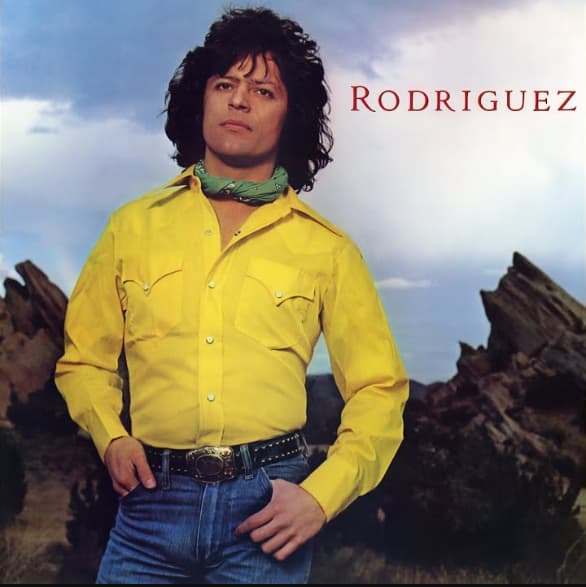
Street Walker – A melancholic ode to a lonely soul and a forgotten promise
A Haunting Melody of a Bygone Era
In 1979, as the decade of disco and soft rock drew to a close, a poignant and deeply moving country ballad emerged from the heart of Texas, captivating listeners with its raw emotion and heartbreaking narrative. Johnny Rodriguez, a name synonymous with a golden era of country music, released “Street Walker,” a track from his album Rodriguez. While not a chart-topping smash hit like some of his earlier successes, the song nonetheless holds a special place in the hearts of those who remember its quiet power. It’s a testament to a time when country music wasn’t just about trucks and beer; it was about storytelling, about painting vivid portraits of life’s forgotten figures, and about tapping into the universal wellspring of human sorrow and hope.
The song didn’t dominate the airwaves, but its subtle impact lingered. It was a radio staple on country stations, a quiet hit that found its way into the homes and hearts of many. For those of us who grew up listening to the rich, baritone voice of Johnny Rodriguez, “Street Walker” was a profound and unforgettable experience. The song’s relatively low chart performance on the Billboard Hot Country Singles & Tracks charts—a modest peak at number 37—doesn’t tell the full story of its cultural resonance. It was an album cut that resonated deeply with fans, a hidden gem that many consider one of his most powerful and underrated performances. It was a song that you didn’t just hear; you felt it, a feeling that transported you back to a simpler time, a time of late-night drives, whispered secrets, and the gentle melancholy that often accompanies quiet reflection.
The story behind “Street Walker” is as compelling as the song itself. Penned by the talented songwriter Bobby Borchers, the song’s genesis is rooted in a desire to give voice to the voiceless. Borchers was inspired by the lonely, forgotten figures he would see on city streets, and he set out to craft a narrative that went beyond simple judgment. The song is a character study, a three-minute masterpiece that unfolds like a short story. It tells the tale of a man who encounters a woman working the streets, but instead of the typical transactional encounter, a conversation unfolds. He sees her not as a commodity but as a fellow human being, recognizing a shared loneliness and a broken spirit. He reminisces about a time when he knew her, before the harsh realities of life pushed her down this path. This isn’t a song about a casual encounter; it’s a song about a ghost from the past, a poignant reminder of what could have been.
The lyrics of “Street Walker” are steeped in a sense of wistful nostalgia and a shared humanity. “I remember you a long, long time ago,” Rodriguez sings in his signature, soulful style, “when the world was young and you were just a child.” The song’s beauty lies in its quiet dignity and its refusal to sensationalize. It’s a song about empathy, about seeing past a person’s circumstances to the soul within. It’s a reminder that everyone has a story, a past, and dreams that may have been lost along the way. For those of us who remember the song from our youth, it evokes a sense of shared experience, of quiet moments of contemplation and a deep appreciation for the artistry of a master storyteller. Johnny Rodriguez’s performance on the track is a masterclass in vocal restraint and emotional delivery, his voice a perfect vessel for Borchers’ heartfelt lyrics. It’s a song that speaks to the heart of the human condition, a beautiful and somber melody that stands as a testament to the power of a simple story, well told.